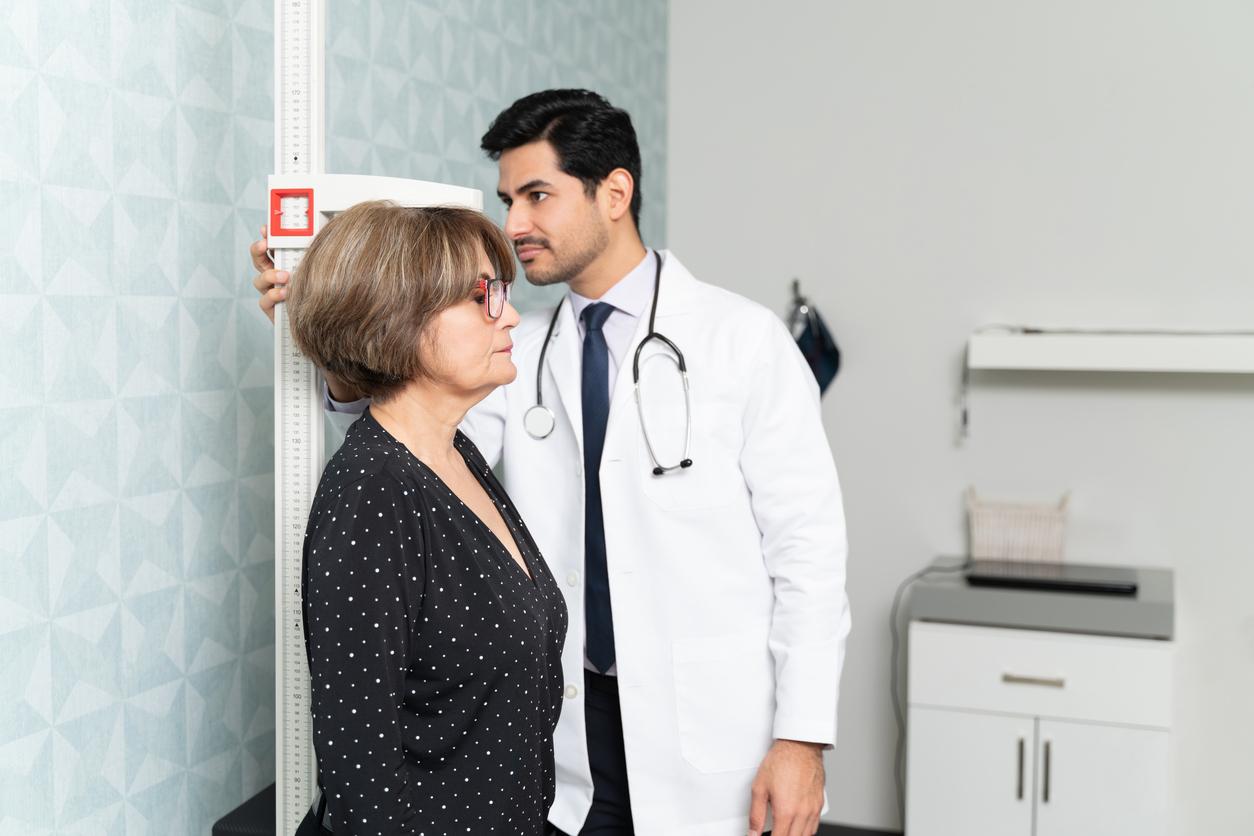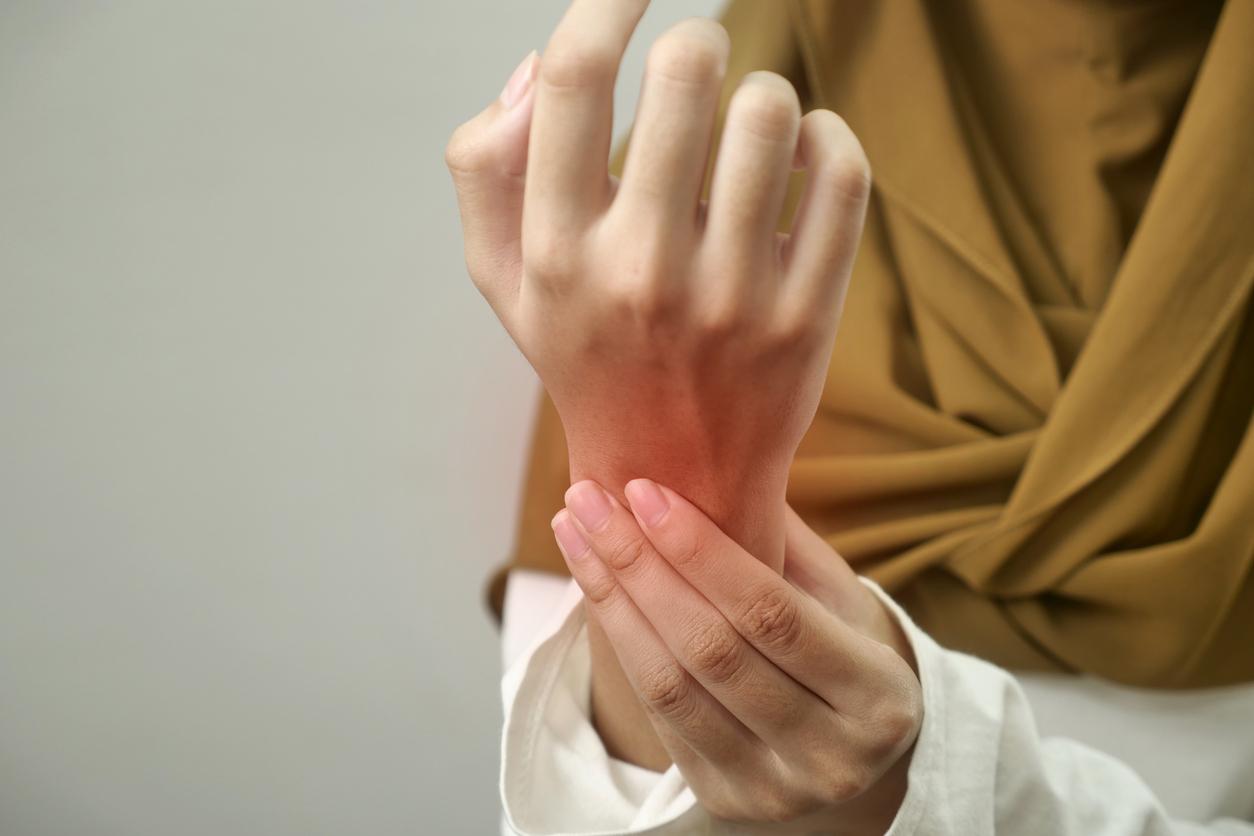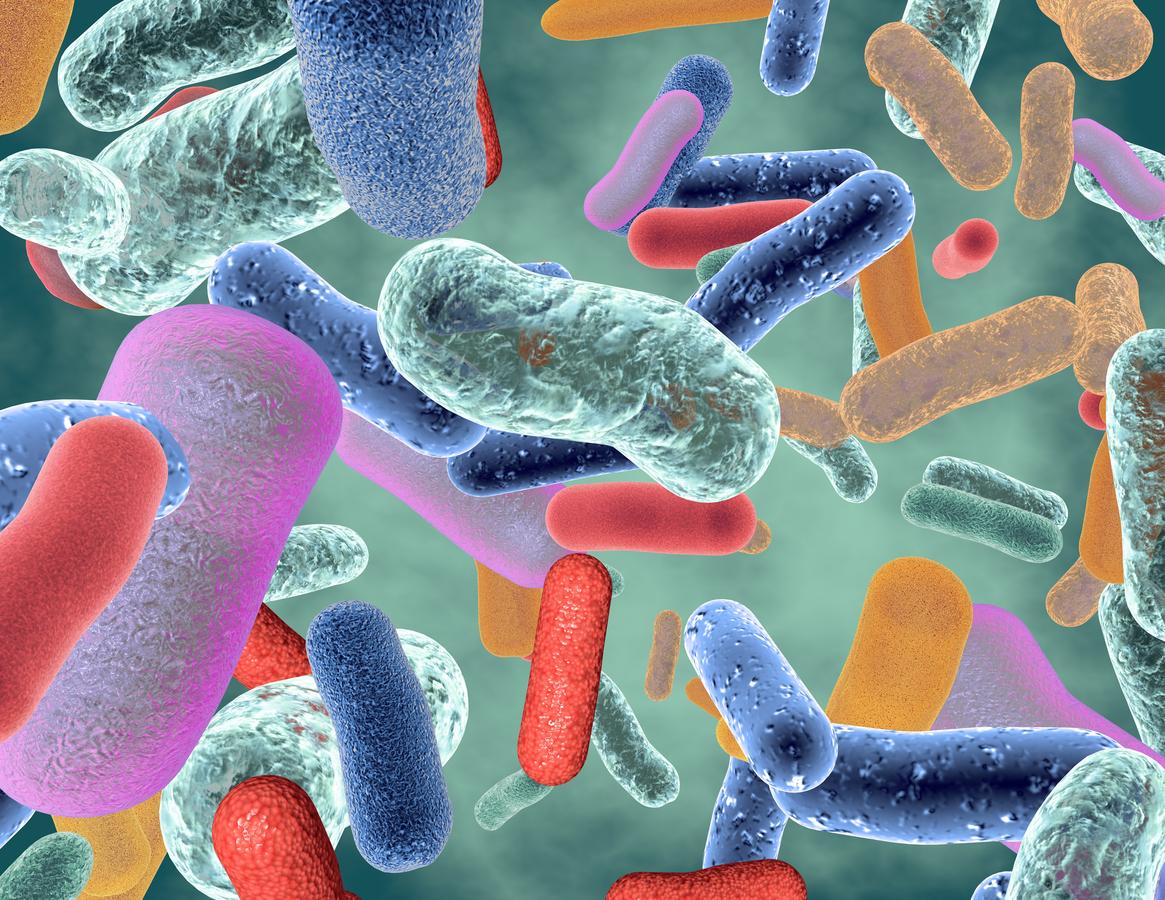The use of glucocorticoids in patients with rheumatoid arthritis would be associated with a risk of infection almost twice as high after the placement of a joint prosthesis.

Rheumatoid arthritis is a chronic disease that causes joint inflammation that progresses in flare-ups. This disease has largely benefited from treatment with biotherapies, but the placement of a total hip or knee prosthesis is also possible.
We know that biologic drugs may be associated with an increased risk of serious infection. But according to a new study conducted over nearly 10 years, it is above all the use of corticosteroids during the treatment of patients with rheumatoid arthritis that would double the risk of infection in the event of prosthetic surgery. The results of the study have been published in the journal Annals of Internal Medicine.
The use of glucocorticoids
Researchers from the University of Pennsylvania, USA, used administrative data from Medicare and Truven MarketScan, recorded between January 2006 and September 2015. They were thus able to compare the risk of infection in relation to biotherapies during primary replacement surgery, hip revision or knee joint surgery, in adults with rheumatoid arthritis. They also assessed the impact of corticosteroid treatment, frequently combined in these patients with severe disease, on the risk of postoperative infection.
Further research is needed
After analysis, it turned out that the rates of serious post-operative infections and readmission within 30 days were close regardless of the biotherapy used: the risks of hospitalized infections after adjustment range from 6.87% with 8.90% adalimumab with rituximab. The one-year cumulative rate of prosthesis infection goes from 0.35% for rituximab to 3.67% with tocilizumab.
On the other hand, corticosteroids are associated with a dose-dependent increase in the risk of postoperative infection, in particular at doses above 10 mg per day. The risk of hospitalized infection increases to 13.25% beyond 10 mg per day, whereas it is only 6.78% when there are no corticosteroids.
Moreover, the results vary little from one doctor to another, which suggests that only the drugs are responsible. It is not yet known how these drugs affect the risk of infection after surgery and whether the risk varies from drug to drug. New research will therefore be carried out very soon. In the meantime, the researchers suggest, given the results, that limiting the use of corticosteroids should be central to perioperative management. This raises the question of an earlier indication of biotherapies if it is impossible to lower corticosteroid therapy under conventional treatment.

.















